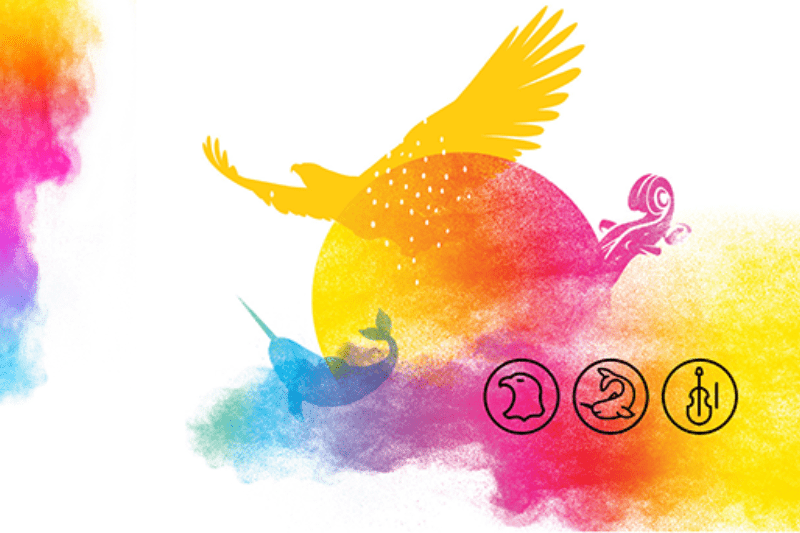During National Indigenous History Month, we celebrate the history and accomplishments of the First Nations, Métis, and Inuit in our community and across Canada.
We encourage our communities in Lincoln and Pelham to start a conversation and learn more about Indigenous Peoples here in Niagara and across Canada, not just today or in June, but year-round.
Educate yourself:
Find out which Indigenous communities lived on these lands with Native-Lands.ca.
Visit sites on the Great Niagara Escarpment Indigenous Cultural Map of Niagara by Landscape of Nations, including the memorial in Niagara-on-the-Lake.
Take a free online course on Indigenous Canada through the University of Alberta.
Read the 94 Calls to Action from the Truth and Reconciliation Commission (also available in print).
Watch the Indigenous Perspectives documentary series produced by the Fort Erie Native Friendship Centre.
Read books:
Here are few recommended titles:
Call Me Indian: From The Trauma Of Residential School To Becoming The NHL’s First Treaty Indigenous Player
by Fred Sasakamoose
Borrow the book | Read the eBook | Listen to the audiobook
Seven Fallen Feathers: Racism, Death, and Hard Truths in a Northern City
by Tanya Talaga
Borrow the book | Read the eBook | Listen to the audiobook
Heart Berries: A Memoir
by Terese Mailhot
Borrow the book | Read the eBook | Listen to the audiobook
Find more books for adults.
Find more books for children and teens.
Search our full Indigenous collection here.
Listen to the Storykeepers podcast, hosted by Waubgeshig Rice and Jennifer David, which discusses literary works by Indigenous authors.
Support Indigenous organizations:
Learn about and support local Indigenous communities through these organizations:
Niagara Regional Native Centre
Niagara Region Métis Council
Niagara Chapter Native Women
Fort Erie Native Friendship Centre
If you are purchasing books by Indigenous writers, check out Good Minds.
Lincoln Pelham Public Library is located on land which is the traditional territory of the Haudenosaunee and Anishinaabeg peoples, many of whom continue to live and work here today. This territory is covered by the Upper Canada Treaties and is within the land protected by the Dish with One Spoon Wampum agreement. agreement. Today this land is home to many First Nations, Metis, and Inuit Peoples. We are reminded that our great standard of living is directly related to the resources and friendship of Indigenous people.

